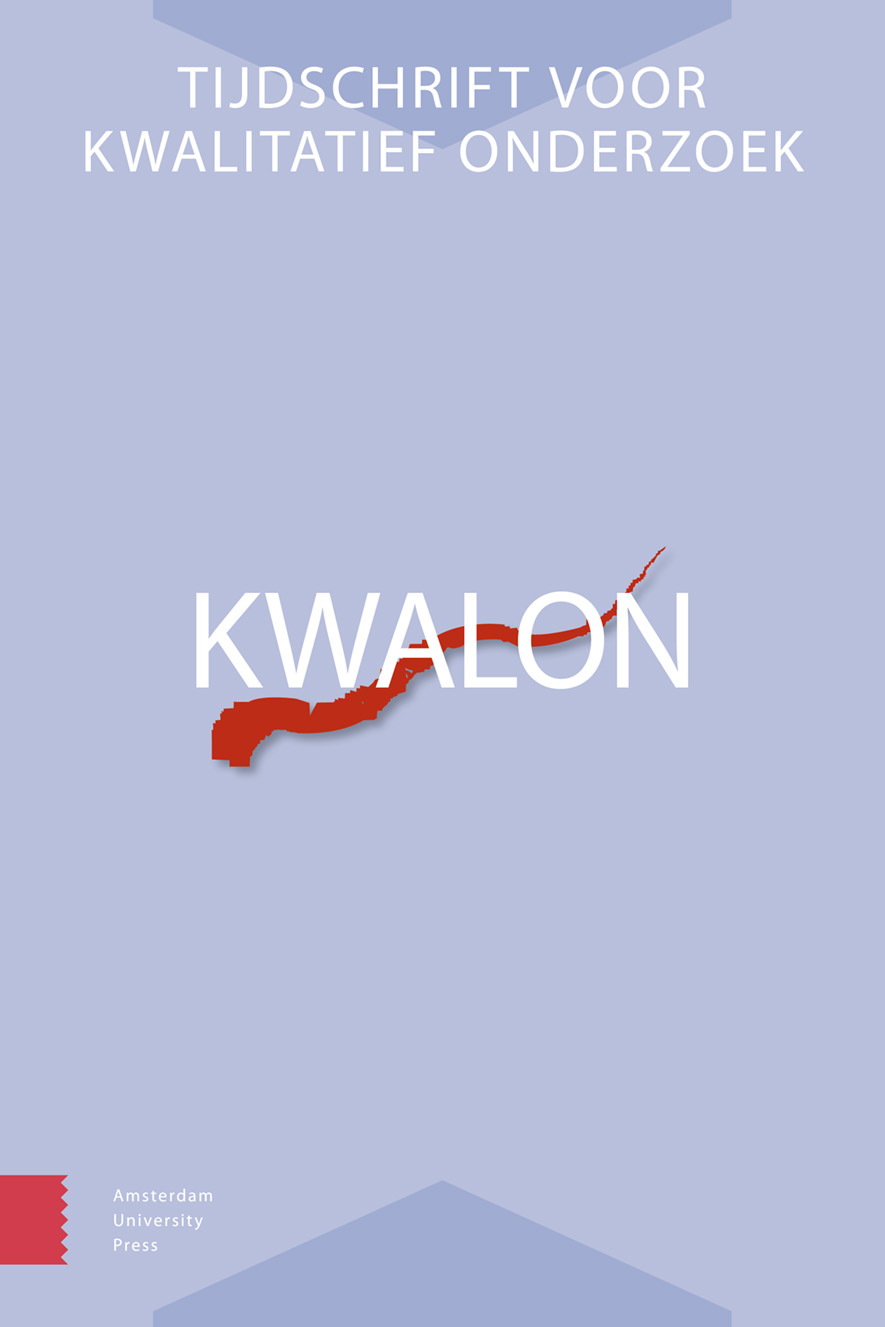-
oa Reflecties op de praktijk en ethiek van heimelijke etnografie
- Amsterdam University Press
- Source: KWALON, Volume 28, Issue 2, Jun 2023, p. 131 - 139
-
- 01 Jun 2023
Abstract
Reflections on the practice and ethics of covert ethnography
In scientific studies involving human subjects, voluntary informed consent is often regarded as a basic standard for ethical research. However, when it comes to ethnography involving the collection of data through (participant-) observation, this can present significant challenges. Ethnographers are often required to embed themselves in complex social worlds with numerous actors occupying a range of social roles and activities. Many ethnographers have openly discussed the challenges of ensuring fully informed consent within this context. These challenges are even more present when the research involves observing deviant, socially harmful, or (potentially) criminal activity. Studying such activity may require ethnographers to hold a ‘covert’ position to secure and maintain access to the research field. In this paper, I draw on my own experience conducting ethnography in the Dutch labour market. This research was carried out as part of my PhD project, exploring the nature of precarious work and exploitation of lowwage migrant workers in the Netherlands. Having recently completed my observational fieldwork, I offer some brief lessons and reflections from my experience that may be helpful to other researchers navigating the complex ethical realities of ethnographic research or considering adopting covert methods themselves.


